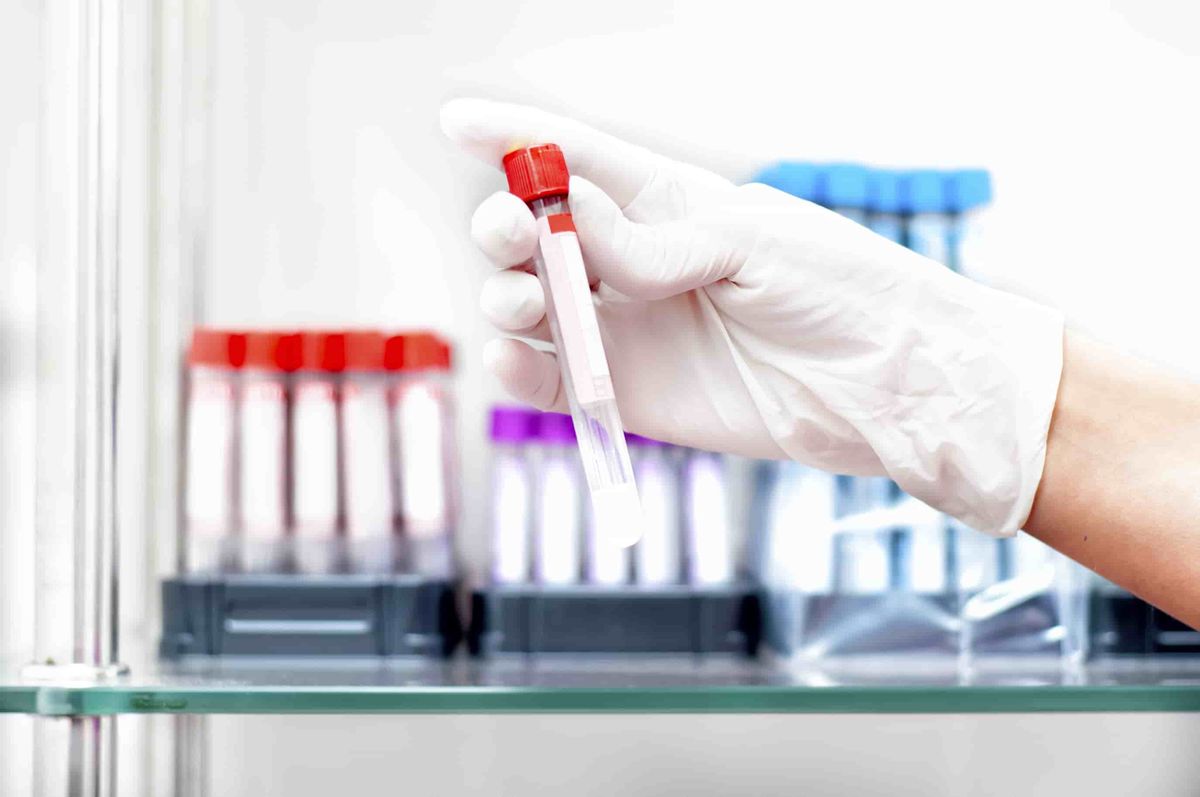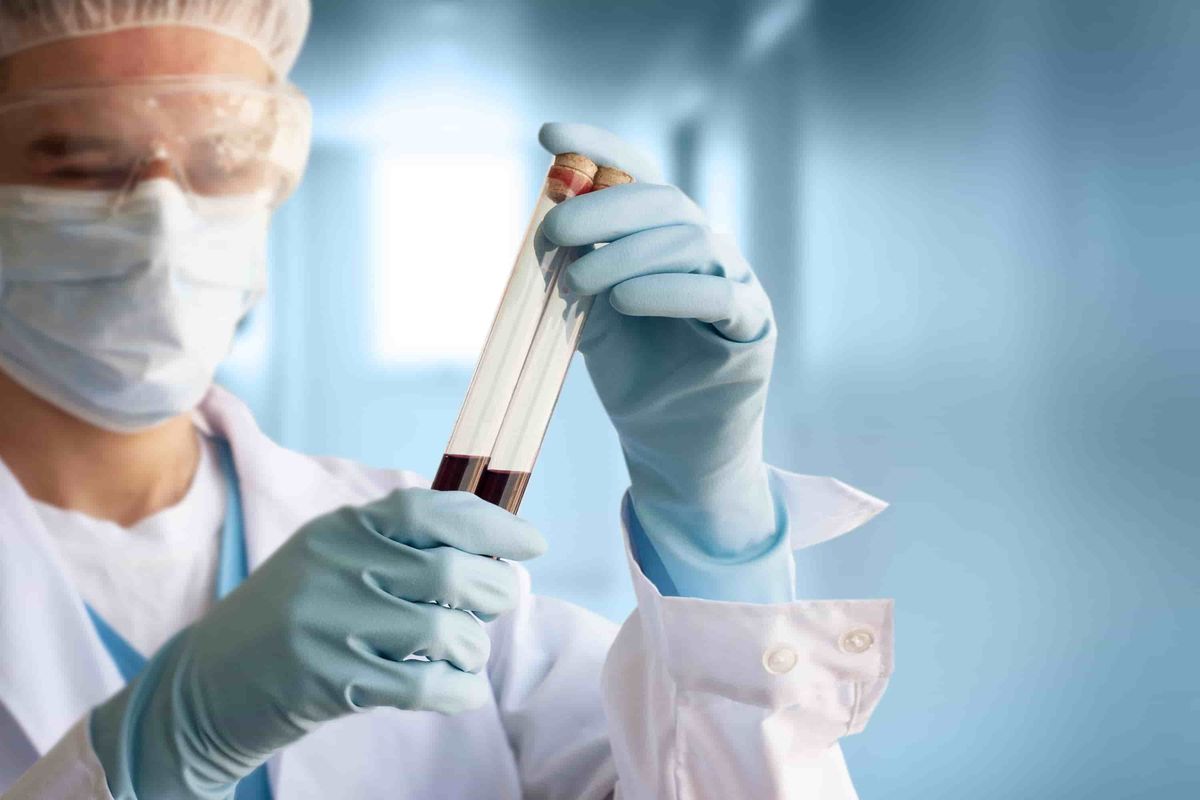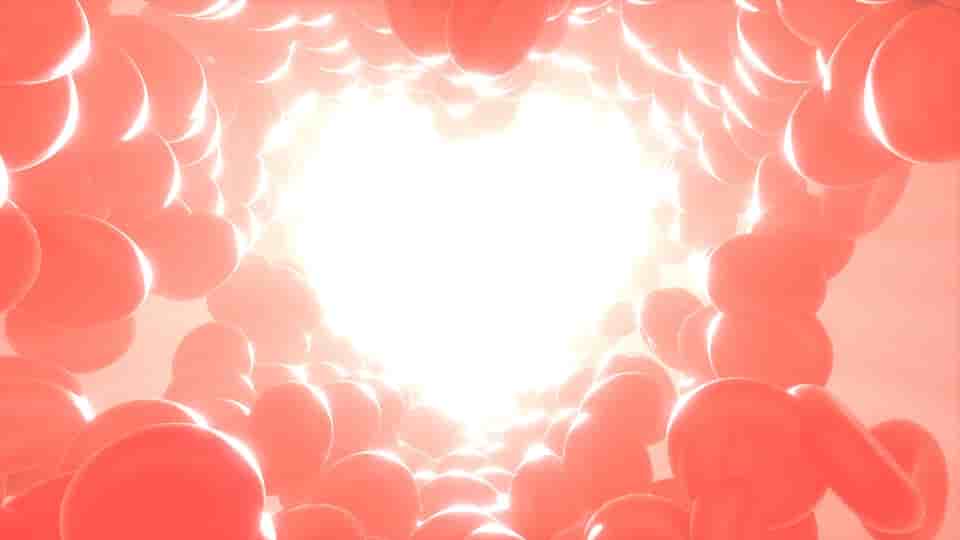Any pathological process in the body affects blood counts. Therefore, a blood test from a vein is often one of the first diagnostic procedures prescribed by a doctor if a disease is suspected.
 The analysis of blood from a vein is more informative and accurate compared to the analysis of capillary blood from a finger. When taking blood from a finger, there is always a possibility of distortion of the results associated with the blood collection procedure itself. In addition, the volume of blood obtained from the finger is often limited, so it may be difficult to double-check the results.
The analysis of blood from a vein is more informative and accurate compared to the analysis of capillary blood from a finger. When taking blood from a finger, there is always a possibility of distortion of the results associated with the blood collection procedure itself. In addition, the volume of blood obtained from the finger is often limited, so it may be difficult to double-check the results.
When is a general blood test prescribed
A general blood test is prescribed in the following cases:
- As part of a planned annual medical examination to assess the current state of health.
- If necessary, before starting any course of treatment, to monitor its effectiveness.
- In case of an infectious disease, to clarify its nature.
Description of the blood collection procedure
 To draw blood from a vein, the patient's forearm is slightly tightened with a tourniquet. The patient is asked to clench and unclench his fist to increase blood flow. The skin in the area of the elbow is wiped with an alcohol cloth, after which a hollow needle is inserted into the vein. Blood is drawn from a vein through this needle and the required number of test tubes is filled.
To draw blood from a vein, the patient's forearm is slightly tightened with a tourniquet. The patient is asked to clench and unclench his fist to increase blood flow. The skin in the area of the elbow is wiped with an alcohol cloth, after which a hollow needle is inserted into the vein. Blood is drawn from a vein through this needle and the required number of test tubes is filled.
After that, the needle is pulled out, and a sterile cotton swab is applied to the place of its insertion and fixed on the arm with a bandage. With such a bandage, after taking blood from a vein, you need to walk for no more than 5-7 minutes.
Various techniques, reagents, and equipment are used to determine different blood parameters. Therefore, be prepared for the fact that you will need to fill several test tubes, depending on the required number of indicators.
How to prepare for a blood test
A general blood test can be taken at any time of the day, regardless of food intake. A biochemical blood test from a vein is taken on an empty stomach.
Why can't I eat
In some situations, after eating, substances enter the bloodstream that can have an indirect effect on certain indicators if you donate blood from a vein for biochemical analysis.
What not to do before a blood test
The doctor who will prescribe the analysis will tell you about this. Usually, before taking blood from a vein, it is necessary to refrain from eating (if you take a biochemical analysis) and to stop taking certain medications if the patient is taking something.
What can I drink before giving blood
Before taking blood from a vein, you can drink unlimited amounts of water.
The main indicators of the blood test
 Hemoglobin is a protein found in red blood cells. Its main function is to provide oxygen to the body. Both elevated and decreased hemoglobin levels may indicate serious disorders: gastrointestinal problems, iron deficiency anemia, heart failure, etc.
Hemoglobin is a protein found in red blood cells. Its main function is to provide oxygen to the body. Both elevated and decreased hemoglobin levels may indicate serious disorders: gastrointestinal problems, iron deficiency anemia, heart failure, etc.
Red blood cells are red blood cells. Their excess can lead to blood clots and frequent headaches, dizziness, and nosebleeds. Low red blood cell count often leads to rapid fatigue and tinnitus.
Reticulocytes are the precursors of red blood cells that are formed in the bone marrow. If their content is lowered, this may indicate a violation of the red blood cell formation process. An increased content of reticulocytes may indicate the presence of blood loss.
Platelets are blood platelets responsible for blood clotting. A deviation of the platelet count from the norm may indicate the presence of serious diseases such as tuberculosis, oncological diseases of the liver and kidneys, bone marrow lesions, leukemia.
ESR is the rate of erythrocyte sedimentation. It may indirectly indicate the presence of an inflammatory process in the body.
Leukocytes are white blood cells. Their deficiency may indicate, among other things, the presence of an infectious disease.
Neutrophils are one of the types of leukocytes. They help the body fight bacteria. Their low content may indicate the presence of a severe infection in the body. If the rest of the blood counts are normal, an increase in neutrophil levels does not indicate the presence of serious problems in the body.
Lymphocytes are cells of the immune system. An increase in the level of white blood cells can be observed in children during the period of recovery from infectious diseases. A decrease in the content of lymphocytes in the blood is observed at the beginning of the disease.
Monocytes are a type of white blood cells. Their function is to cleanse the body and support the immune system. An increase in their content may indicate an inflammatory or oncological disease.
Eosinophils are white blood cells responsible for destroying a foreign protein in the body. They can be elevated in allergic diseases.
Basophils are white blood cells, an increase in the content of which may indicate both the presence of an inflammatory process or a foreign body in the body, as well as inflammation in the digestive organs and a malfunction of the thyroid gland.
Plasmocytes are cells that are part of the immune system and are responsible for the production of immunoglobulins (antibodies). They may appear in the blood during the period of infectious diseases such as chickenpox, rubella, measles.
Interpretation of the results of a general blood test
Usually, the forms with the results of the analysis indicate whether there is a deviation from the norm. But don't try to interpret the results yourself, draw conclusions, and choose treatment - trust an experienced doctor.
Opinion of an expert doctor
A general blood test will reveal the presence of an acute or current condition, and in the case of an infectious disease, it will suggest the nature of the infectious agent, which will allow the doctor to prescribe adequate treatment. A biochemical blood test indicates the state of metabolism, the function of certain organs and systems, and endocrinological diseases.












.webp)





.webp)






